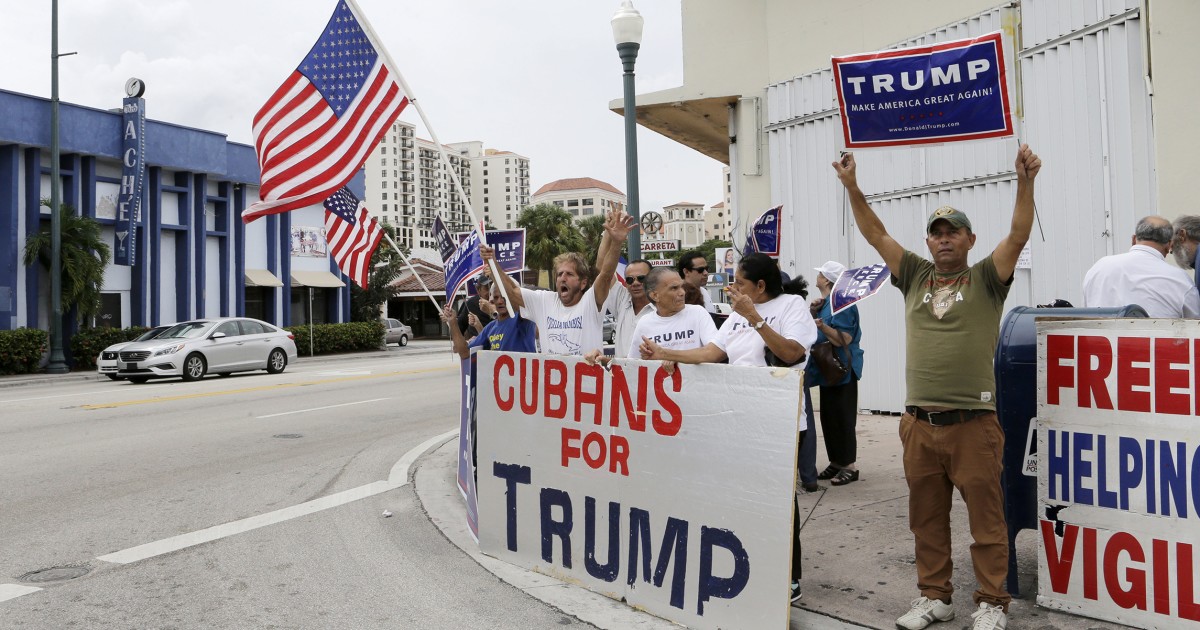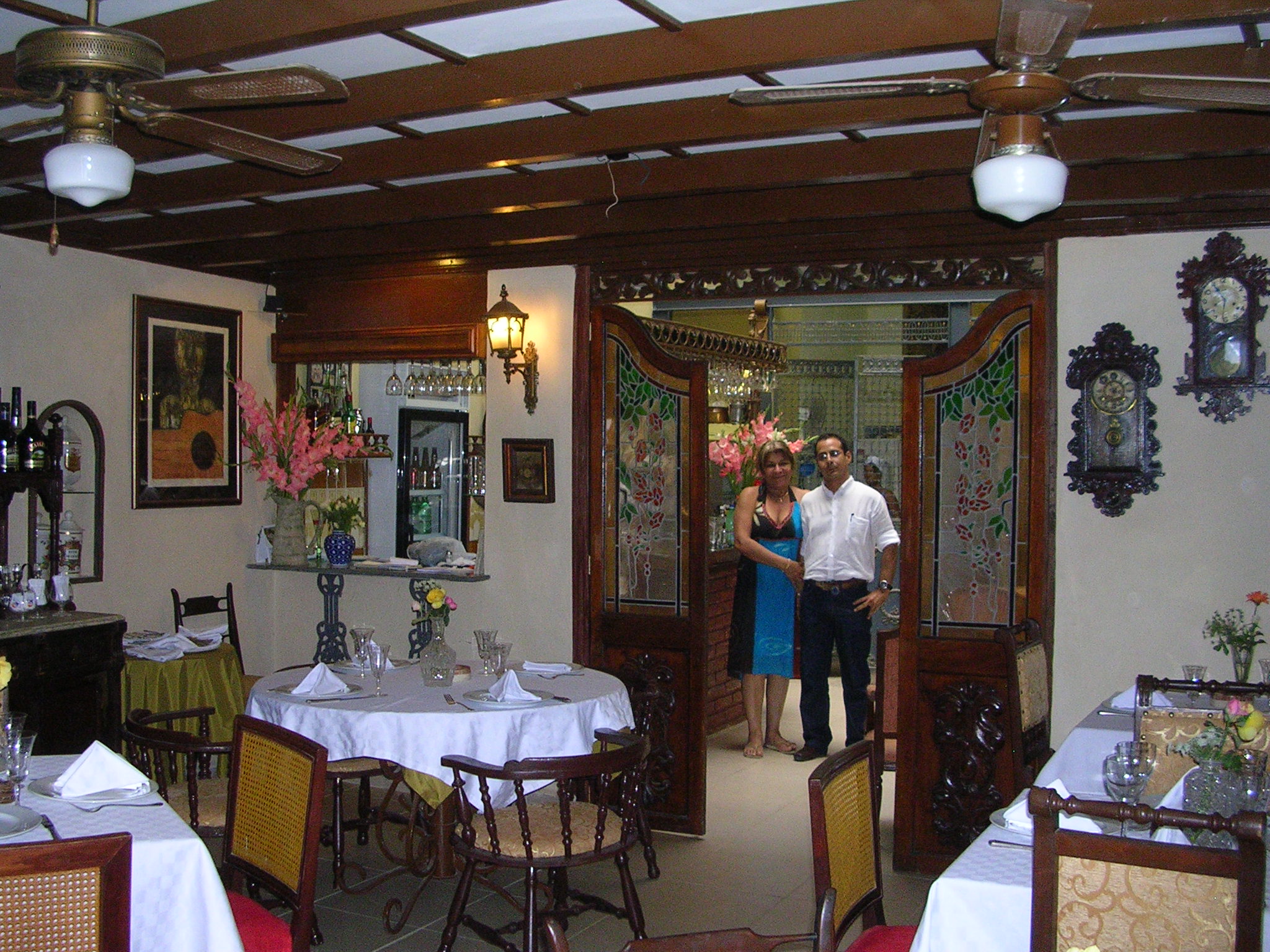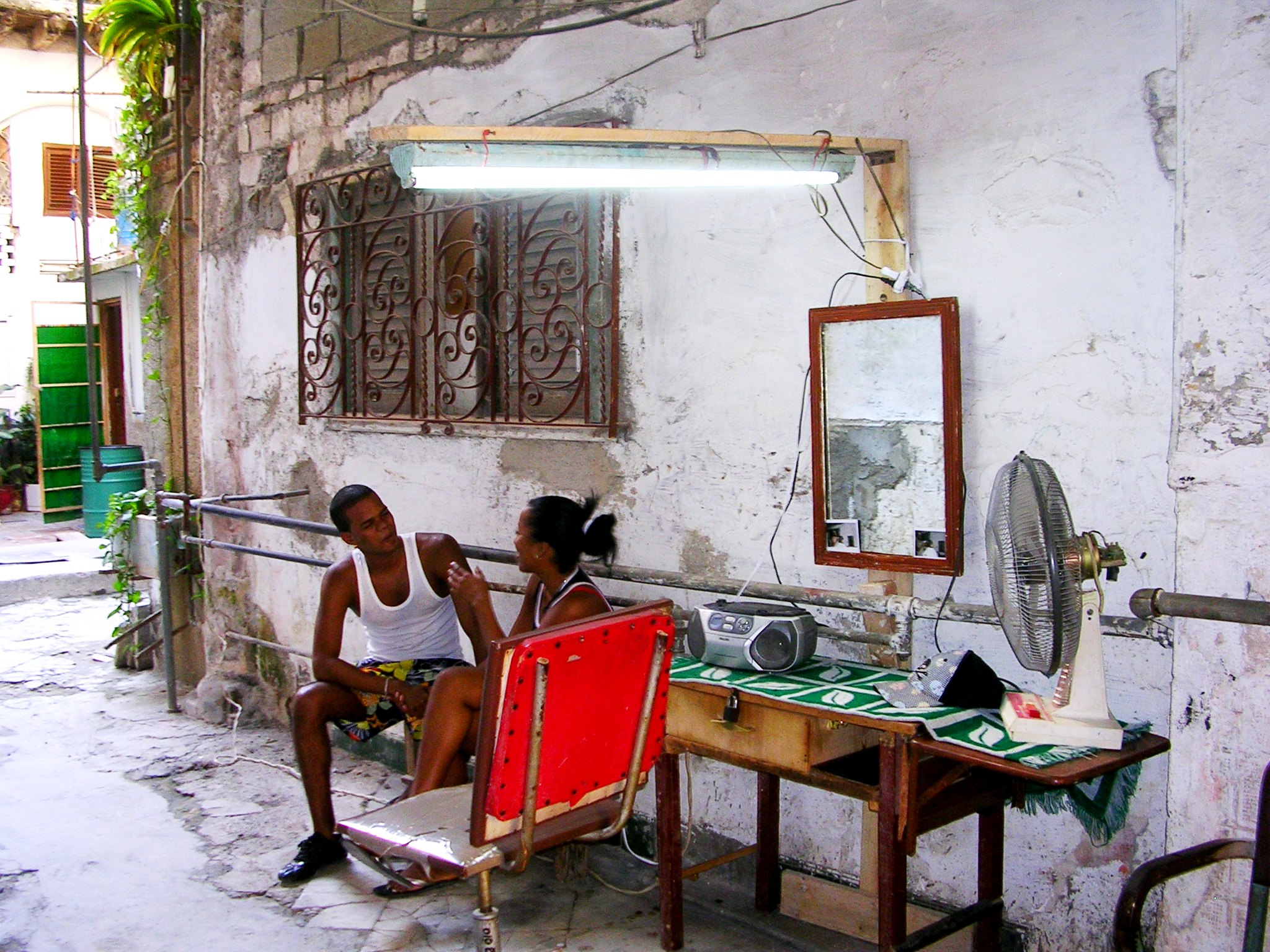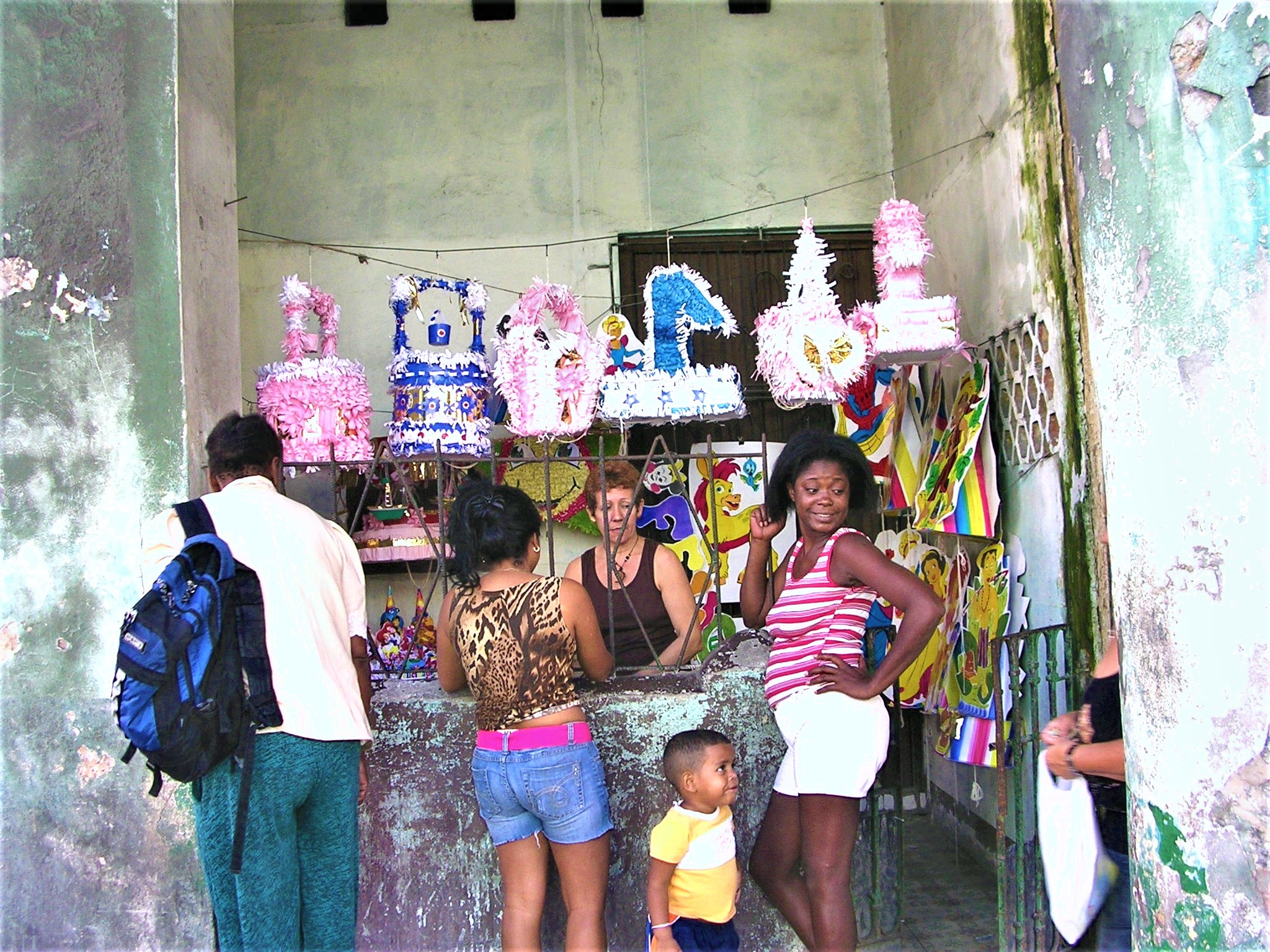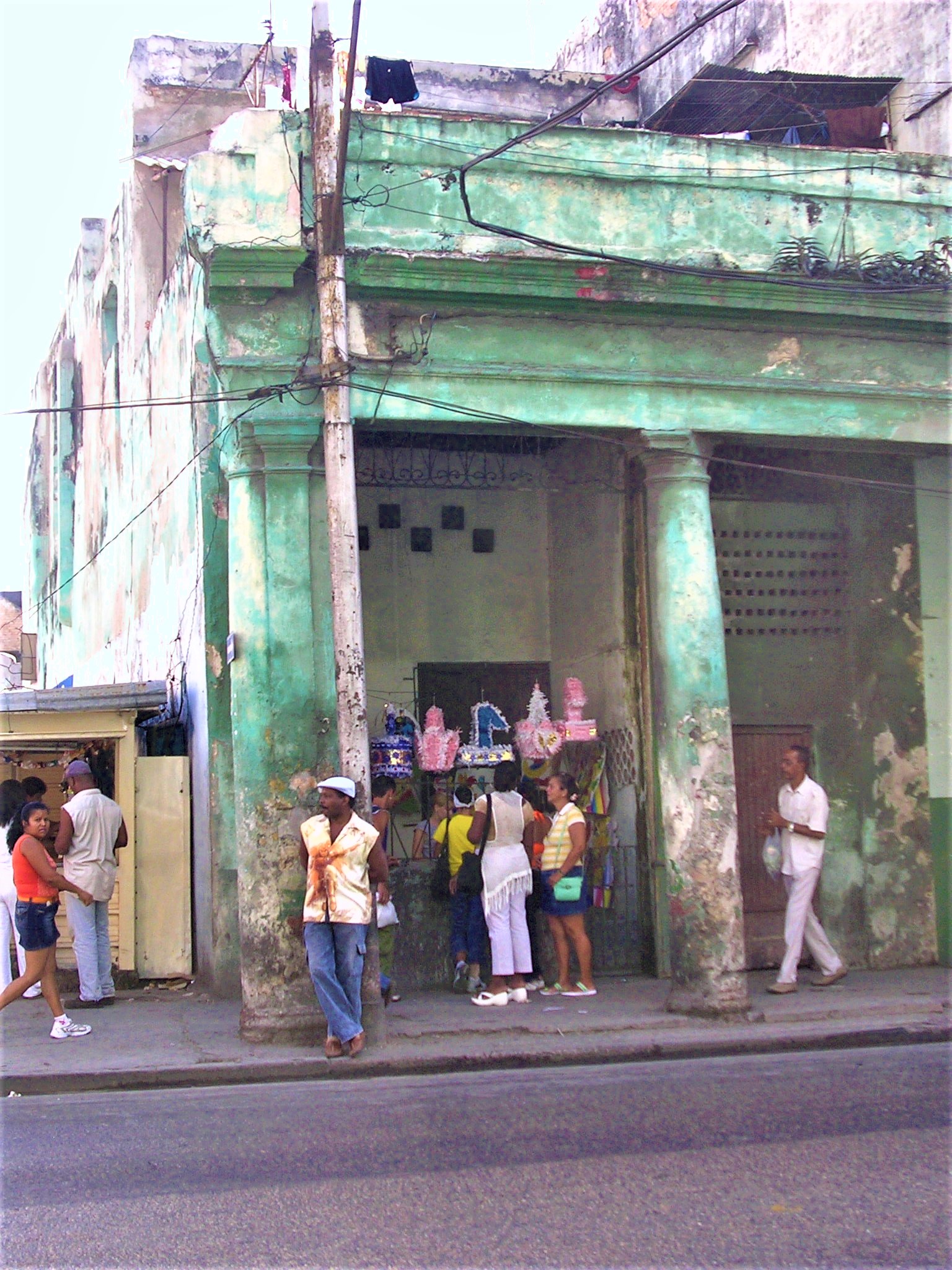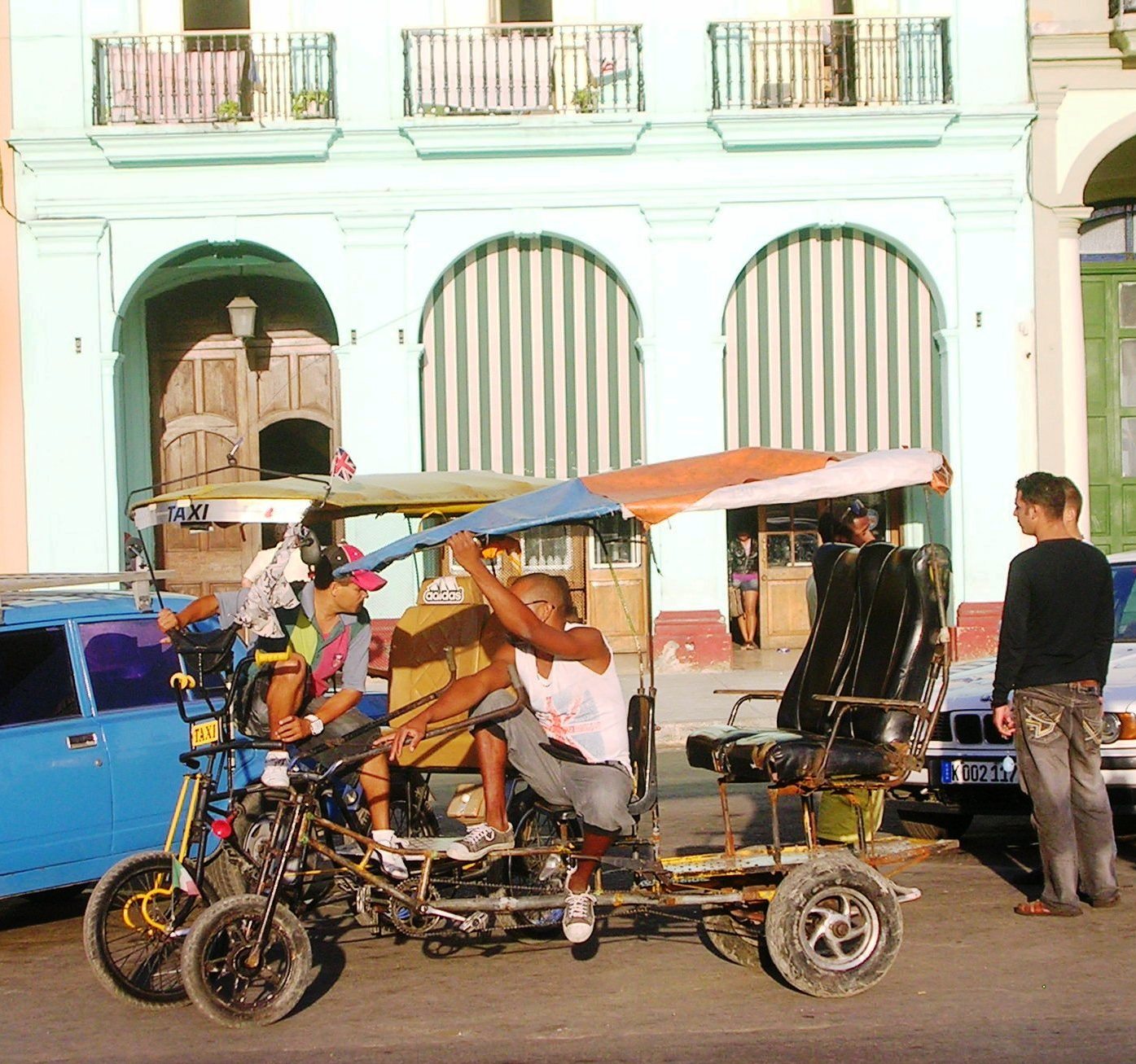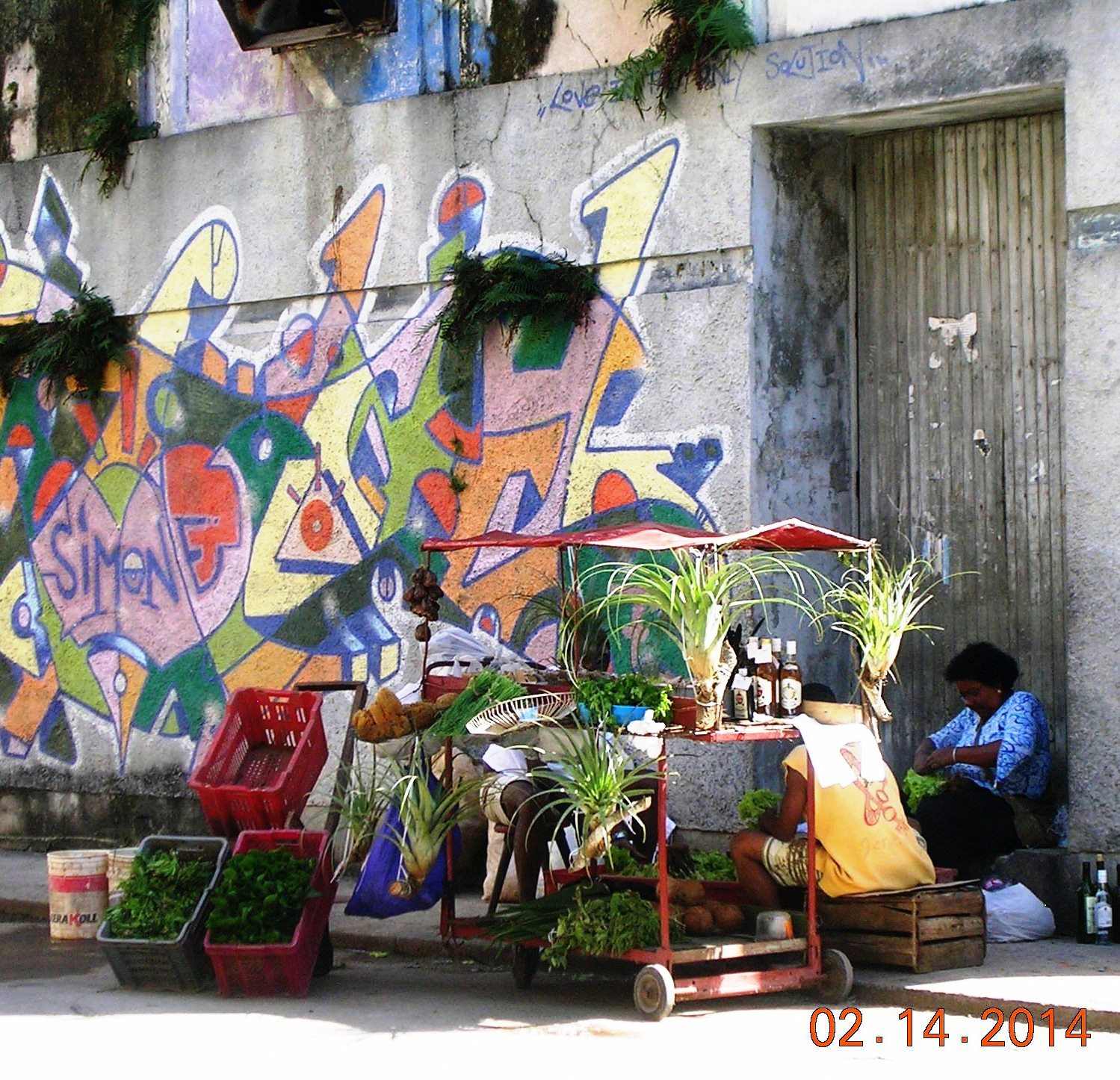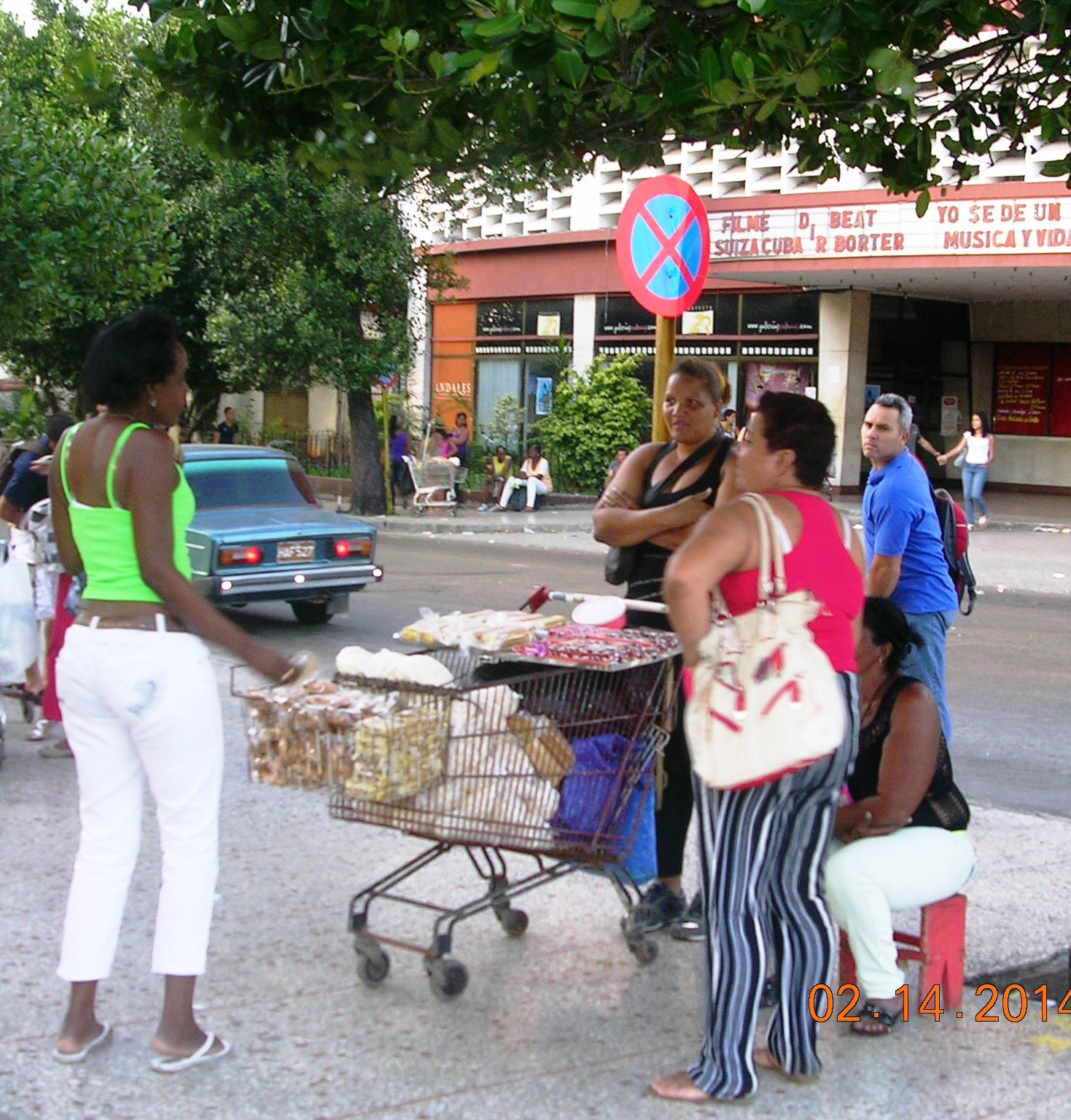Miami Herald, NOVEMBER 19, 2020 11:00 AM,
Original Article: Why Cuban Americans Fell for Trump
Following his surprising victory in 2016, Donald Trump claimed he got 80 percent of the Cuban-American vote in South Florida.
He was exaggerating.
But 2020 was a different story.
Years of courting voters with tough policies toward Cuba and Venezuela, a strong pre-pandemic economy, an unmatched Republican ground game in Miami-Dade and a targeted messaging instilling fear about socialism coming to America helped the president rally Cuban-American voters, part of the reason he carried Florida.
Although Trump lost the election, his inroads into the Cuban-American community in South Florida suggests trouble ahead for the Democratic Party.
Top of Form
Politics & Policy in the Sunshine State
Definite numbers for 2020 are still in dispute, but estimates reflect the Democratic Party’s poor performance among Cuban Americans, and among Hispanics in general, in Florida.
While Trump won more Cuban-American votes in 2016 than Hillary Clinton in Miami-Dade County, his margin was somewhere between 54 and 57 percent, below Mitt Romney’s 60 percent share in 2012.
Separate analyses of tallies in more than 30 Cuban-majority precincts in Hialeah, Westchester and the suburbs of southwest Miami-Dade by Republican and Democratic strategists suggest that four years later, Trump made double-digit gains, getting as much as 69 percent of the Cuban-American vote. Giancarlo Sopo, a Trump campaign staffer, and Carlos Odio, director of the Democratic research firm EquisLabs, independently concluded that President-elect Joe Biden’s percentage of the Cuban-American vote in Miami-Dade was in the low 30s.
But this might not be the whole picture, said Eduardo Gamarra, a professor and pollster at Florida International University. While Trump undeniably improved his numbers in heavily Cuban areas like Hialeah and Westchester, Gamarra has found less enthusiasm in more wealthy enclaves like Coral Gables and Key Biscayne.
“If you’re going to analyze the Cuban vote, you need to account for the vote in the entire county,” he said. He cited several exit polls and others done close to the election of people who had already voted, including one poll he was involved in, showing that Trump got around 55 percent of the Cuban-American vote.
Fernand Amandi, a long-term Democratic political strategist who runs the firm Bendixen & Amandi International, believes Biden’s share of the Cuban-American vote in Miami-Dade might be about 38 percent, and a bit higher statewide, about 41 percent, according to exit polls and surveys his firm conducted.
But Sopo and Odio disagree with these estimates because many polls proved to be off during this election cycle. If Trump had won only a 55 percent share of the Cuban American vote in Miami-Dade, that number would not reflect the enthusiasm shown by pro-Trump Cuban-American voters nor help explain his overall winning margins in the state, where he got around 371,000 votes more than Biden.
Regardless of the final number, all agree the Biden campaign was not up to the challenge.
“It’s still a poor result,” Amandi said, calling the Biden campaign at times “invisible” in Miami-Dade County. The COVID-19 pandemic had much to do with it, Odio added, since the campaign did not knock on doors till weeks before the election and decided to limit in-person events, and was unable to match Trump’s energetic rallies.
But Trump never really stopped campaigning in Florida. For years now, the Democrats have not been able to match the strong presence of the Republican Party in the community, which has given many Cuban Americans “an identity,” Florida International University professor Guillermo Grenier wrote in a two-part analysis of the Cuban vote. He is the director of the FIU poll that every two years surveys the opinions of Cuban-American voters residing in Miami-Dade.
“The fundamental problem is that the Democrats took their foot off the accelerator from engaging with the Cuban community,” said Amandi, who was part of the team that helped Barack Obama win the support of Cuban and other Hispanic voters in the county. “Meanwhile, the Trump campaign never stopped in its efforts to win the Cuban vote for four years.”
While Cuban Americans have been a reliable Republican voting bloc, supporting the traditional themes of low taxes, small government and family values, there was “a perfect storm” of things particular to this election that ended up helping Republicans, Odio said.
He cites a prosperous economy, the strongman aspect of Trump’s character that apparently appealed to some Cubans and other Hispanics, and the election to Congress of Alexandria Ocasio-Cortez, which further fueled the narrative about the Democratic Party steering to the left. Acts of vandalism amid protests over police brutality and slogans like “Defund the police” were also exploited by the Trump campaign and Trump’s surrogates to instill fear of a progressive left that would dictate Biden’s agenda.
HIALEAH FELL HARD FOR TRUMP
The Democrats also learned the hard way that “demography is not destiny,” as the American political scientist Ruy Teixeira wrote in his influential essay warning that changes in the electorate do not always favor the Democrats.
For many years, Democrats assumed that as older Cuban exiles were being replaced by new Cuban arrivals and younger voters, Cuban Americans would become less Republican. The 2020 presidential election was a surprise: The FIU 2020 poll found that many Cuban immigrants coming after 2010 had been registering Republican and becoming strong Trump supporters.
“We ran an innovative grassroots and advertising effort that directly engaged newer Cuban arrivals — who had been largely ignored by both parties — as well as young U.S.-born Cuban Americans in ways that were culturally relevant to them and different than how you’d engage my abuelos’ generation,” said Sopo, a Miami native who was one of the architects of the messaging targeting Hispanics in Florida.
The campaign ran a Spanish video ad featuring popular Cuban actress Susana Pérez, who is better known among Cubans who came to U.S. after 1980. Another radio ad with fictional characters “Marita y Yesenia” mimics the speaking style and slang used by recent arrivals.
Most observers agree that there is no single issue that could explain why most Cuban Americans mobilized so forcefully this year to support the president.
Take Hialeah, a working-class city with the most Obamacare enrollees in the nation and where many recently arrived Cubans live. The Trump administration asked the courts to strike down the entire Affordable Care Act. Yet, the Democratic Party was unable to exploit this to its advantage, and Trump grew his share of the vote by 18 points in the city, compared to 2016, beating Biden 67% to 32.5%, according to Sopo’s analysis.
There have been several attempts to explain why Cuban Americans in Hialeah would vote for a candidate whose policies could affect their healthcare or have already limited their ability to travel to the island or reunite with family members.
Gamarra believes that working-class Cuban Americans do not behave that differently from non-college-educated white voters, a core group in Trump’s base. And Odio argues that many might be attracted to the image of the successful businessman, who is politically incorrect and stands against Washington’s establishment and the media.
Trump’s nationalist populism also seems to have resonated with many Cuban Americans.
The chorus of a viral song by the Cuban musical group Tres de La Habana that later became part a Trump campaign ad says, “If you feel proud to be Cuban and American, raise your hands!”
But beyond issues of cultural identity and nationalist rhetoric, a lot of the burden for Biden doing poorly among Cuban Americans is on the decisions taken by the Democratic Party and the Biden campaign, most analysts agreed.
Gamarra said besides “being late,” the Biden campaign made other mistakes, like deciding it was not worth investing much in improving their numbers with Cuban Americans and taking for granted that other Hispanic groups, like Colombians, would vote Democratic.
The Biden campaign acknowledged it didn’t need to win the support of a majority of Cuban Americans to win Florida but was hoping to match Clinton’s numbers or compensate for those votes somewhere else, for example, with non-Cuban Hispanics. That didn’t happen either.
“We built a new conservative coalition in South Florida consisting of Cubans, Colombians, Puerto Ricans and other Latinos in Miami-Dade County,” Sopo wrote in a memo obtained by the Miami Herald. ‘This netted approximately 255,657 additional votes for President Trump in Miami-Dade in 2020, which accounted for around 69% of his 371,686-vote victory over Joe Biden in Florida.”
THE SOCIALISM DEBATE IN MIAMI
Amandi was one of the first in sounding the alarm about the Democrats’ problem with Cuban voters, especially regarding their lack of response to attacks portraying their candidates as socialists or communists, which were successfully deployed against Andrew Gillum in the 2018 Florida gubernatorial race.
“The biggest mistake was when it was decided that the accusations about socialism and communism were not going to be rebuked because they were considered absurd,” Amandi said.
The Trump campaign made a concerted effort to misleadingly portray Biden as a socialist, posting manipulated images of him embracing Venezuelan strongman Nicolás Maduro and claiming he was “the candidate of Castro-Chavismo” in one of its most viewed ads in South Florida. Such accusations found fertile soil in Miami Cuban media and were amplified on local Miami radio, TV stations, and by social media influencers who had welcomed Trump’s tough talk on Cuba and Venezuela.
Shortly after Trump’s victory in 2016, Cuban exile groups who felt left out from the policy-making process during the Obama administration became more vocal in their criticism of what they saw as Obama’s failed engagement policies with Cuba and concessions made to the Cuban government.
Increased government repression on the island, the Cuban leadership’s unwavering support of Maduro in Venezuela, and Cuba’s reluctance to implement reforms to rescue a rapidly deteriorating economy all reinforced perceptions about the failures of engagement. With its eyes on Florida 2020, Trump vowed in Miami to reverse “the prior administration’s terrible and misguided deal with the Castro regime,” and made Cuba and Venezuela the center of its Latin American policy.
The picture is nuanced: While most Cuban Americans approve of President Trump’s sanctions campaign against the Cuban government, they also support many of Obama’s policies, such as maintaining diplomatic relations or travel to the island, as shown by the FIU 2020 poll. Pro-engagement advocates still contend that Obama’s policies did not hurt the Democratic Party. But others believe that misses a crucial point.
“The weaponization of U.S. policy towards Cuba was the entry point to help cement the idea that the Democratic Party is the party of socialists,” Amandi said.
Then there was the 2020 media environment, with voters watching or reading partisan media, living in information bubbles, and plenty of misinformation circulating among the Hispanic communities, making it difficult for the Democratic campaign messaging to make it through. By the time the campaign started responding to the socialism accusations, it was too late.
Just weeks before the election, Mike Bloomberg financed a round of TV ads featuring members of the Bay of Pigs Brigade and Cuban exile writer Carlos Alberto Montaner pushing back on the accusations that Biden and running mate Kamala Harris were socialists. Internal polling data suggest the ads were able to move the needle in favor of Biden. But the effort came too late to have a larger impact on the race.
However, analysts believe that, with the right strategy, the Democratic Party could again reach the historic support Obama obtained among Cuban Americans in 2012. In that election he won 53 percent of Cuban Americans who cast a ballot on Election Day, and an overall 48 percent of the Cuban-American vote in the state, according to a poll by Bendixen & Amandi.
“It would be a mistake for both parties to believe that these numbers are permanent,” Amandi said.

